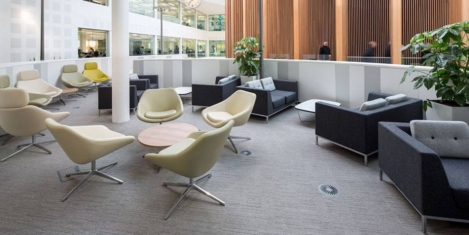November 9, 2016
Defence estate to be cut by a third as part of new estate strategy 0
 The latest part of the UK’s vast public sector estate that is being primed for a large scale sell-off is that of the Ministry of Defence. According to a government statement, 91 sites including more than fifty barracks, naval sites and airfields will be sold under plans to shrink the size of the defence estate by nearly a third. The MoD predicts that the sale will raise around £1 billion and cut running costs by around £140 million per annum, while the rest of the estate will benefit from the investment of around £4 billion to improve housing and facilities for personnel. Perhaps surprisingly the MoD also owns five golf courses which will be sold as part of the shake up announced in the newly published A Better Defence Estate strategy document.
The latest part of the UK’s vast public sector estate that is being primed for a large scale sell-off is that of the Ministry of Defence. According to a government statement, 91 sites including more than fifty barracks, naval sites and airfields will be sold under plans to shrink the size of the defence estate by nearly a third. The MoD predicts that the sale will raise around £1 billion and cut running costs by around £140 million per annum, while the rest of the estate will benefit from the investment of around £4 billion to improve housing and facilities for personnel. Perhaps surprisingly the MoD also owns five golf courses which will be sold as part of the shake up announced in the newly published A Better Defence Estate strategy document.




































